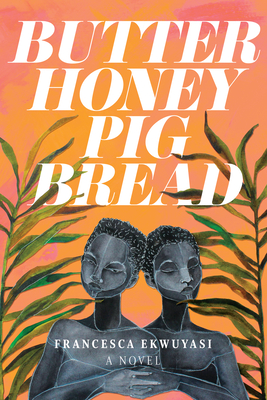
Butter Honey Pig Bread by Francesca Ekwuyasi

God’s Children Are Little Broken Things: Stories by Arinze Ifeakandu
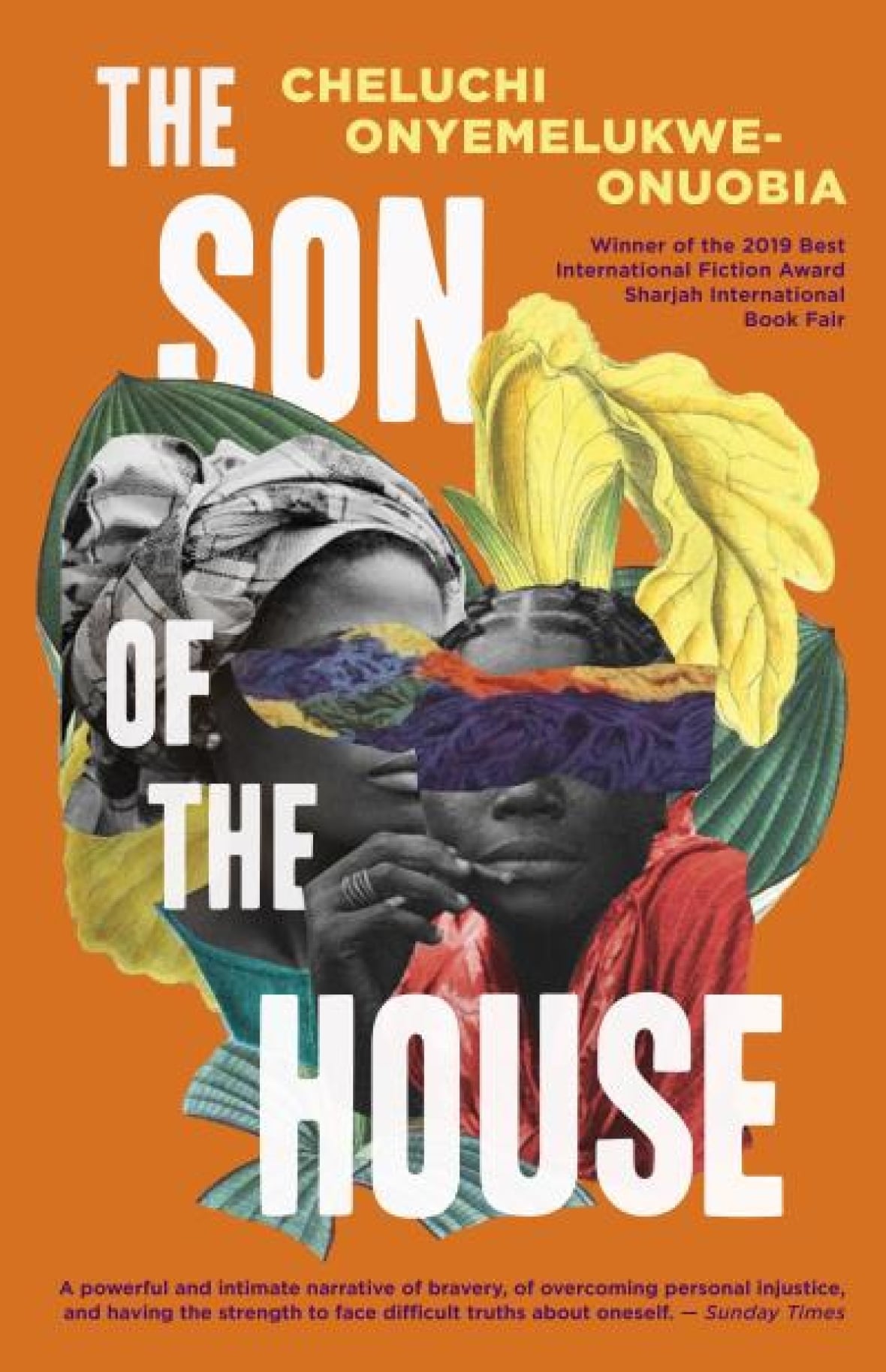
The Son of the House by Cheluchi Onyemelukewe-Onuobia
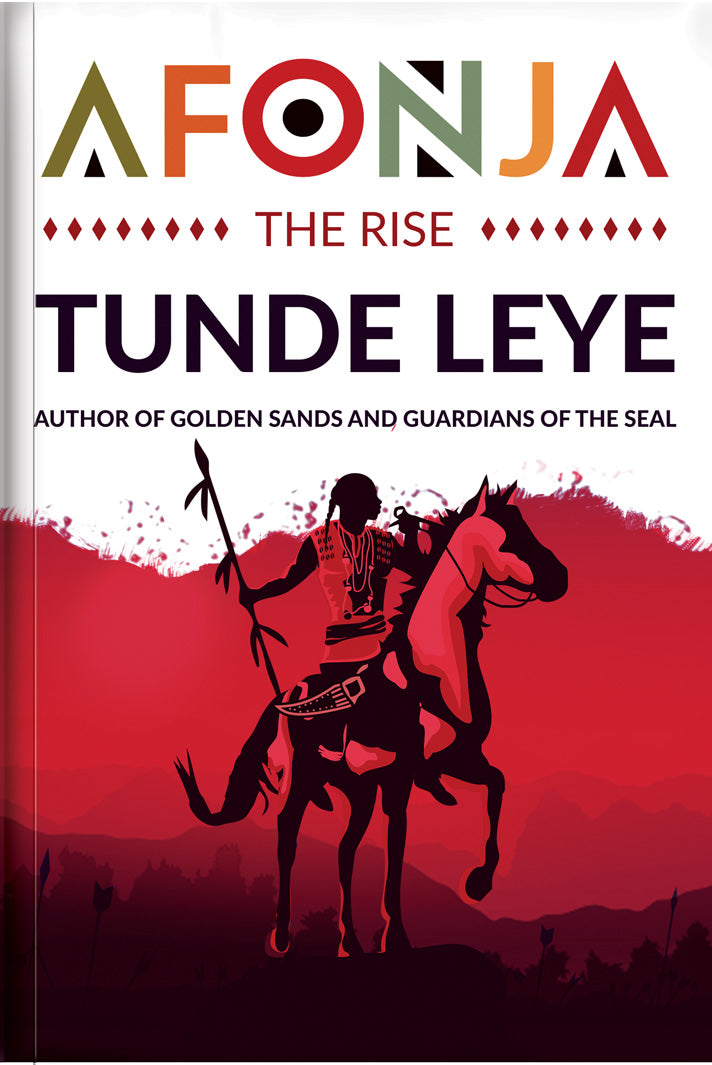
Afonja: The Rise (Oyo Empire Histories #1) by Tunde Leye
Oghenetega Elizabeth Obukohwo

Born on a Tuesday by Elnathan John

Daughters Who Walk This Path by Yejide Kilanko
Oghenetega Elizabeth Obukohwo
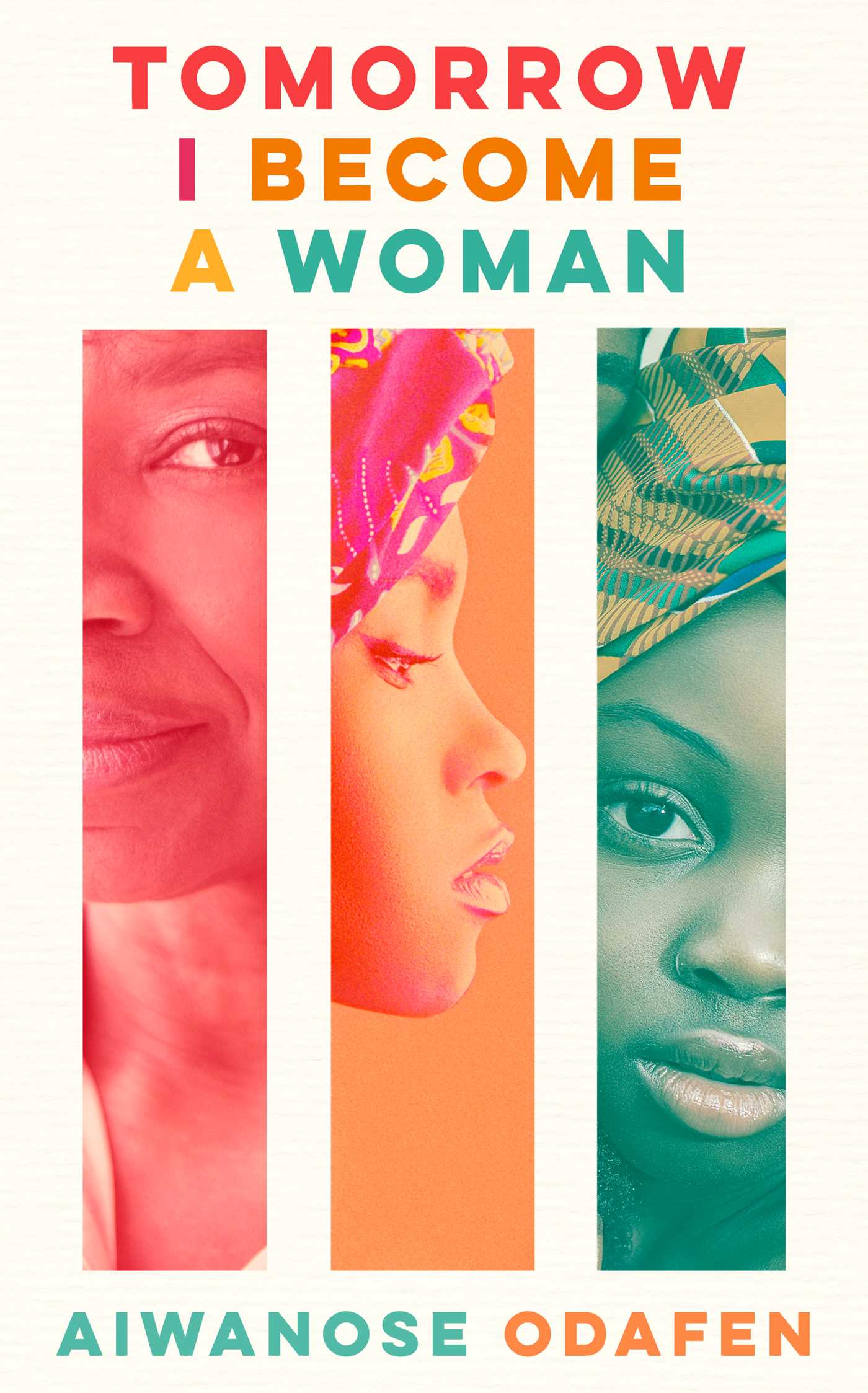
Tomorrow I Become a Woman by Aiwanose Odafen
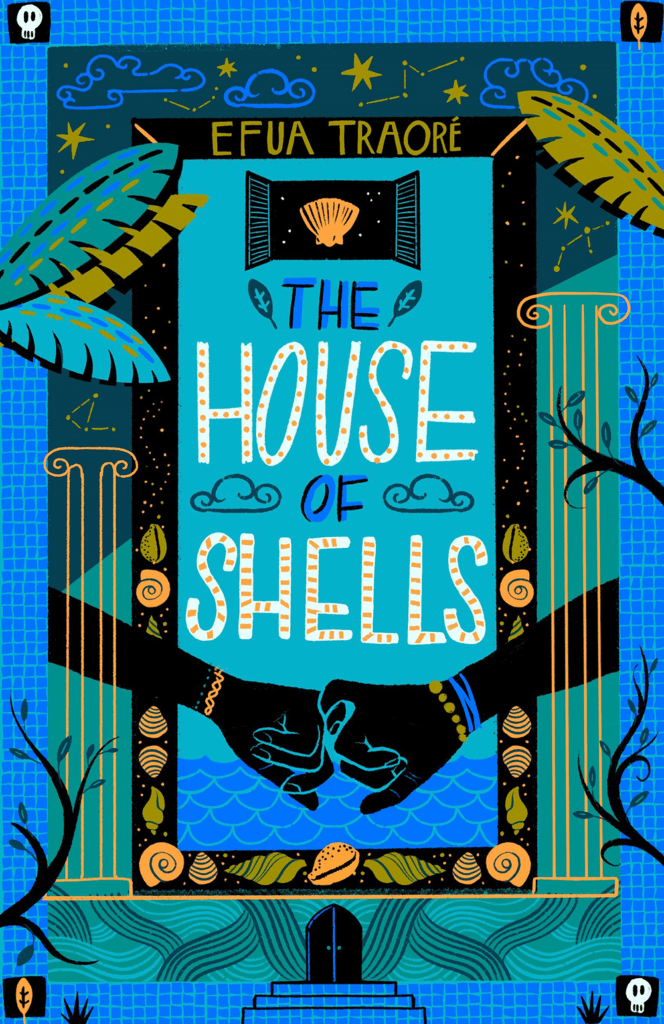
The House of Shells by Efua Traore

Dele Weds Destiny by Tomi Obaro

Tsoo Boi: An Anthology of Protests
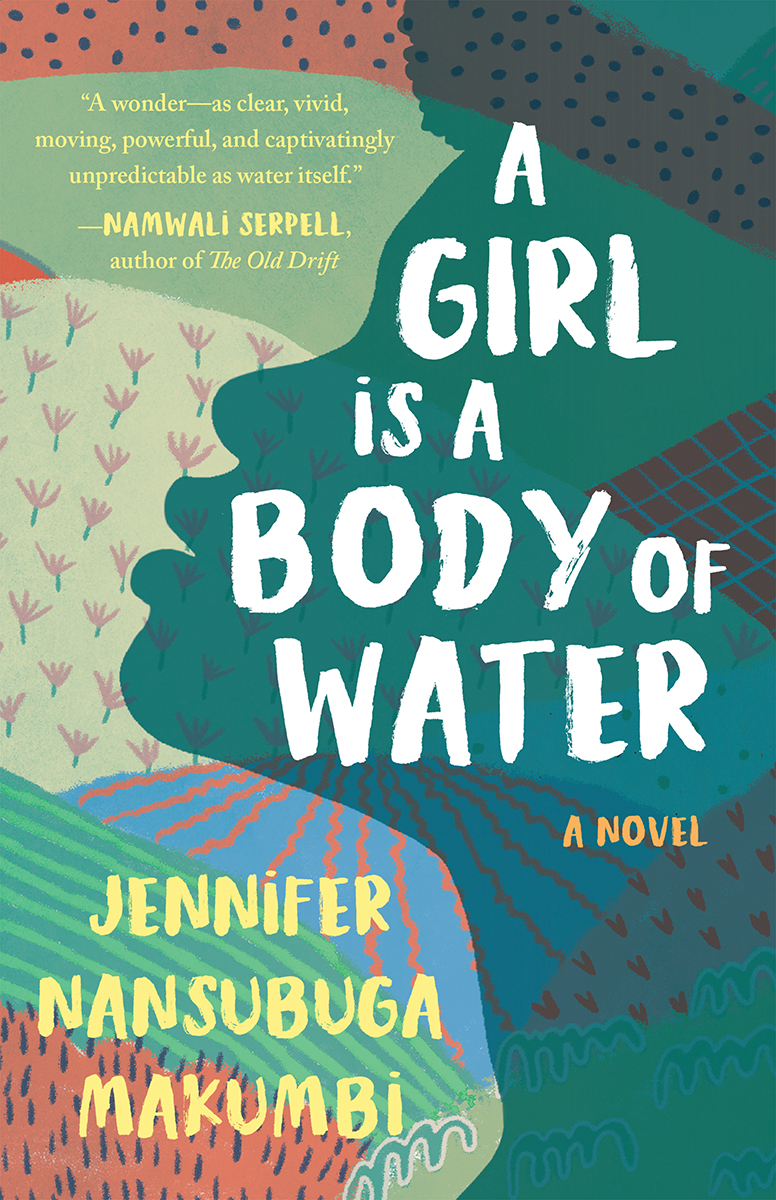
A Girl Is a Body of Water by Jennifer Nansubuga Makumbi
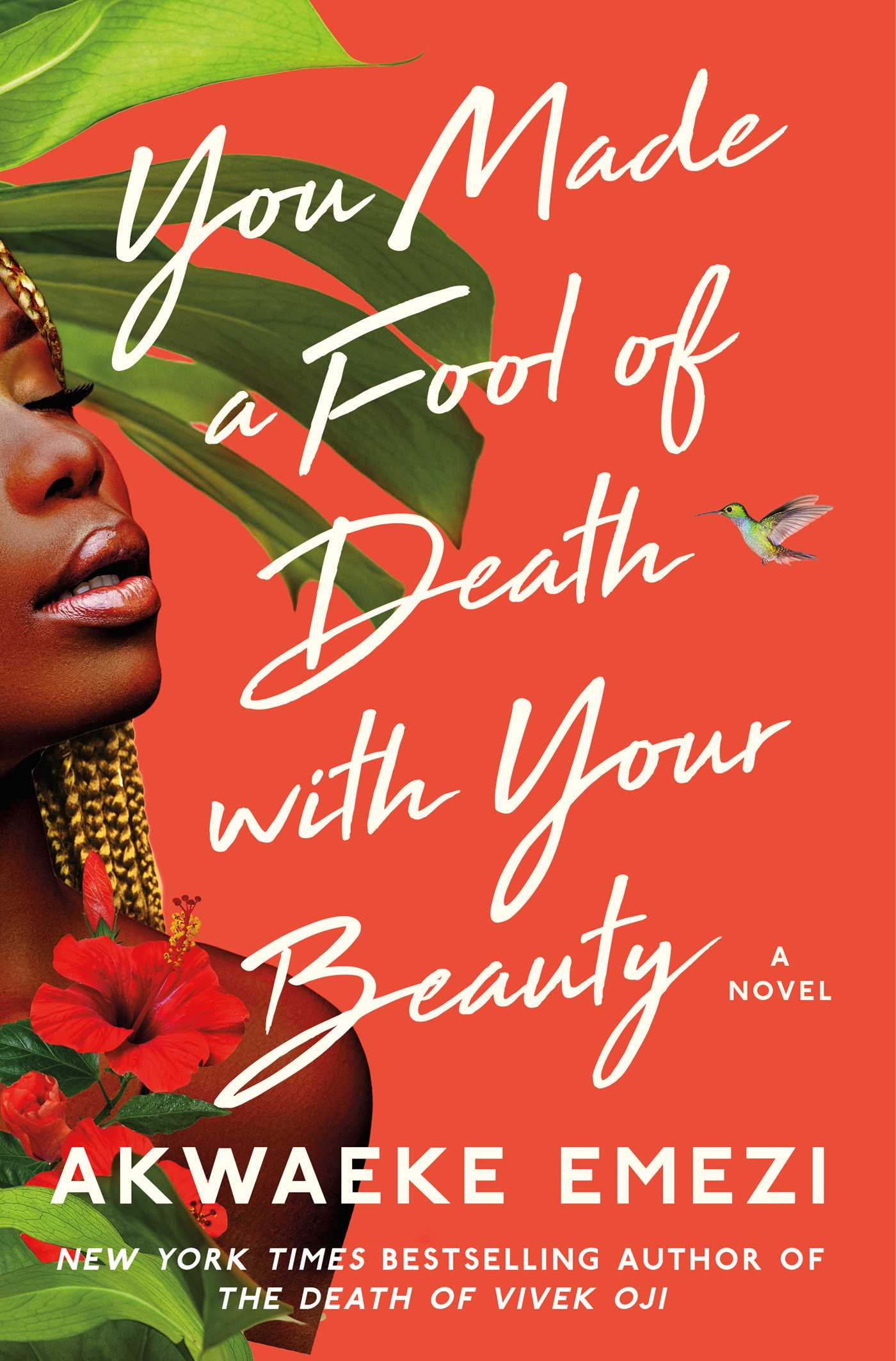
You Made a Fool of Death with Your Beauty by Akwaeke Emezi